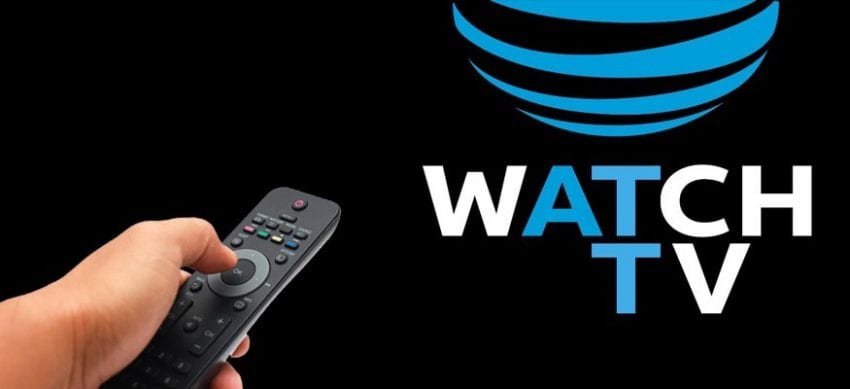Television is rapidly losing power over people. A large Western business was the first to notice: automotive and pharmacological giants began to refuse to buy expensive ad units. Gradually, it came to smaller retailers. The once-boiling stream of advertising money is steadily turning into a trickle. People are clearly less susceptible to advertising on television, but does this mean that television will disappear as a phenomenon?
If TV is also important in your life, check out the selection of good antennas here https://www.bestadvisers.co.uk/tv-antennas, while we try to figure out the future of television.

Television Is Not Getting Cheaper
“I do not watch television”. – “What are you watching?” – “Computer.” If, after each such conversation, the television channels would become cheaper by a dollar, today they would seriously pay extra for agreeing to own a controlling stake in any of them. But this does not happen.
Firstly, such conversations do not directly affect the amount of money from channels.
Secondly, almost everyone who says that they do not watch TV still consumes television content and even pays for it at times.
Well, and thirdly, almost everything that can be viewed on a computer is now easily available on a TV.
TV Shows Don’t Lose Profits

TV channels still make good money on TV shows: in the US and Western Europe (these are the main markets for most TV companies), it’s easier for the viewer to get paid, but completely legal access to the content. In this sense, television channels are even in a more favorable situation than film companies: they do not have to share revenue with movie theaters. Therefore, television is still the main producer of TV shows, and the Internet remains a delivery tool.
Generational Television
Is it possible to predict how modern youth will behave in 10 years when they too will become adults and fall into the category of “heavy” audience?
Not so long ago, a study was conducted in the United States that examined the behavior of “millennials” from living with parents to establish their own family. It turned out that no more than 50 percent (maximum 70%) of people who formed at the turn of the century began to watch television more often. The only exceptions are those who have families and children. That is, habits are stronger than life circumstances, however, the older a person becomes, the more he watches TV. But each subsequent generation does not reach the volumes of the previous look.
Will Not Die, but Change

As soon as a new format appears, everyone starts talking about the death of the previous one. But when the movie appeared, the theater did not die immediately. It occupied his niche. When the photo appeared, painting and portraiture did not disappear. They occupied another niche.
So it is now. The Internet cannot completely replace TV yet. TV often serves as a background, and it is even more convenient to watch it than video content on a computer monitor or smartphone.
However, it is obvious that the TV will change. It will become more interactive: a person will largely determine for himself what to watch by the type of how it works on the Internet. Through a search engine, you choose the content yourself.
That is, the broadcast program will become more flexible and individual. Channels will become more niche, that is, they will make a specific TV product for a narrow audience. And they will have an online version. Broadcast quality will be even higher.
And let’s not forget that in Russia and America, the two largest countries, an evening family viewing of programs is a kind of ritual. And it is unlikely that it will just disappear.









